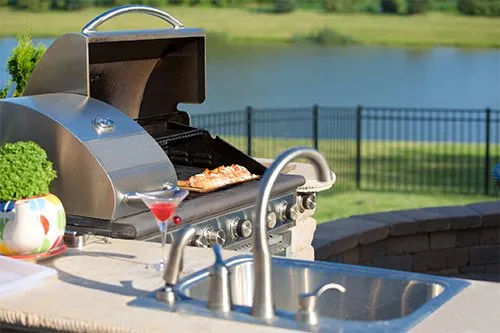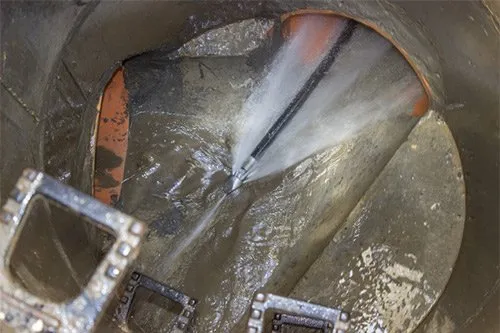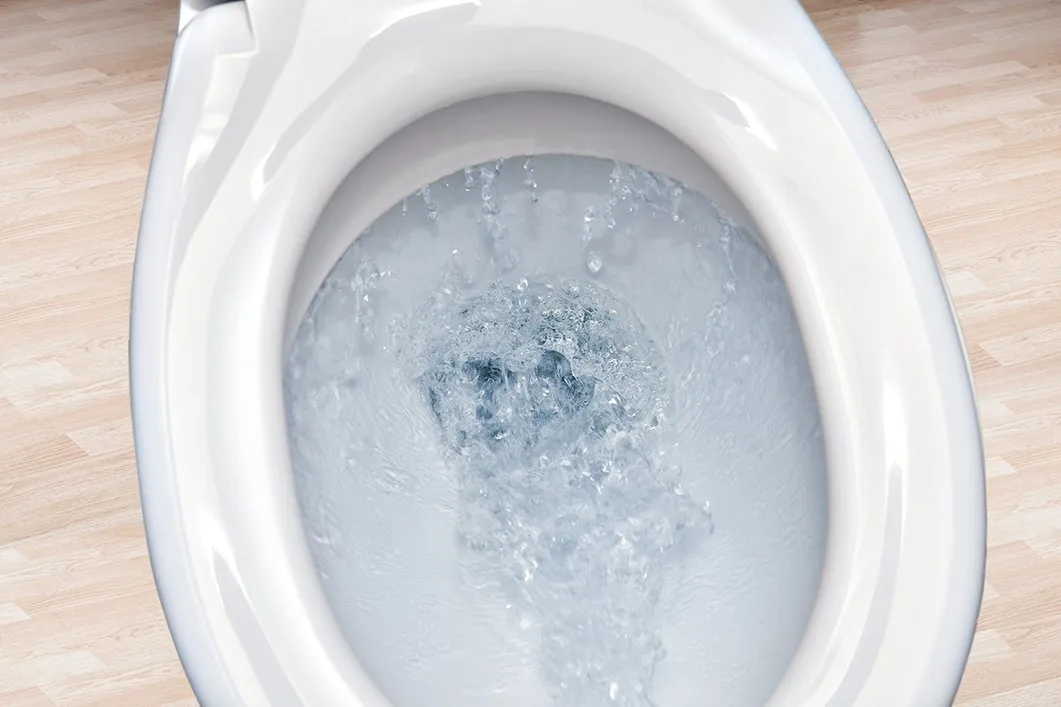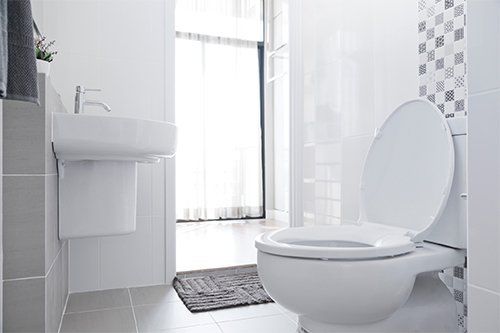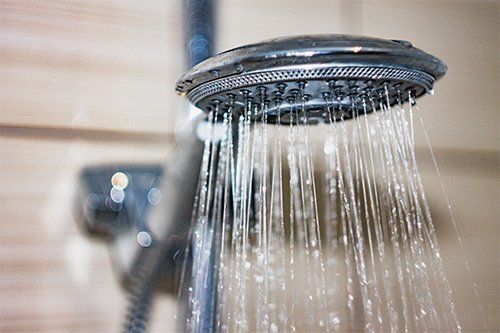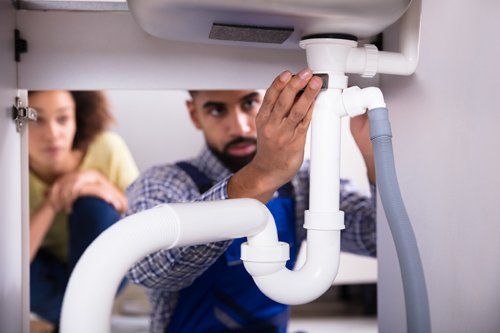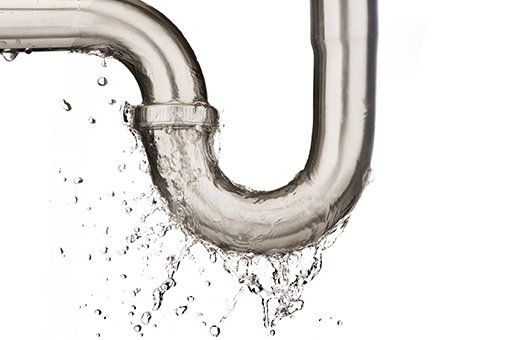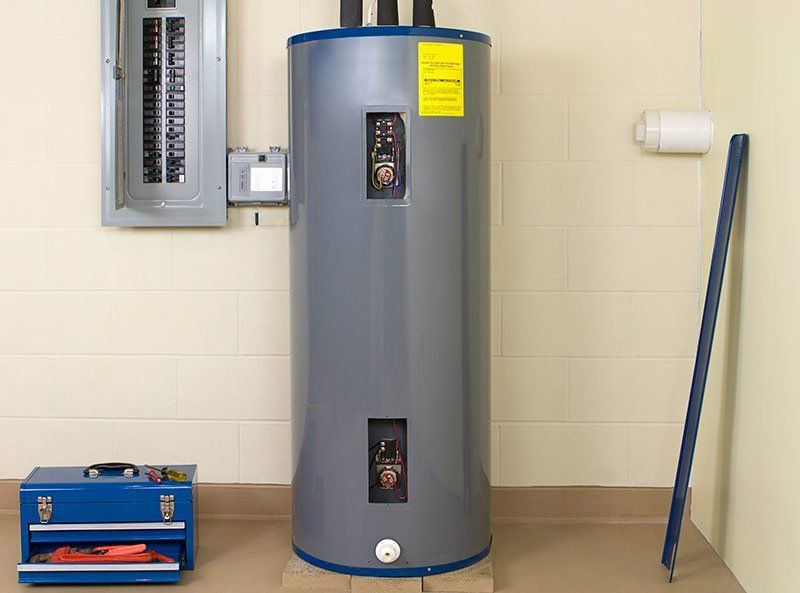
Your water heater has always been there for you whenever you needed a nice, hot bath or to wash another load of laundry. However, you might have noticed lately that your water heater isn't performing as well as it did in the past, or maybe it's simply not meeting your family's needs.
Here are four clear indications that it is time to either replace your current water heater or upgrade to a newer, more energy-efficient model.
Strange Noises Coming From Your Water Heater
From the occasional clicking sound to an intermittent hum, your water heater will make a variety of noises that are no cause for alarm. However, there are other noises that could signal your water heater is in serious need of repair or replacement.
For example, if you hear a popping or crackling noise, it is probably caused by a build-up of sediment. If you have hard water, the minerals that are present will eventually build up and create a large layer of scum that sinks to the bottom of the water heater. This sludge rests on top of the heating element, and when the unit begins to heat the water, the minerals spread out and hit the sides of the tank.
If left unattended, the continued build-up of sediment will ruin the heating element. If you have an older unit, it's not worth replacing the heating element. Instead, you should consider replacing it with a newer model.
A Bizarre Metallic Taste and Smell
After time and repeated exposure to heat and water, the interior of your metallic water heater can begin to rust. Unfortunately, the rust can begin to flake, and the flakes will find their way into your water. This unpleasant taste and odor can be a sign your water heater needs replacing.
However, if you have galvanized pipes, it's important to ensure they are not the culprit. Galvanized pipes can begin to rust over time, so make sure this isn't the issue before you replace your water heater. The best way to accomplish this is to hire a professional to examine your pipes.
If the plumber determines the water heater is rusting, it is vital to have it replaced immediately. In addition to polluting your water, the weakened, rusted metal can eventually form a hole, thus causing more serious problems.
Is Your Water Heater Leaking?
In addition to the holes that are caused by rust, there are other reasons why your water heater could be leaking. For example, when the heating element kicks on, your metal tank will naturally expand. If there are any imperfections in the metal, the tank might leak. As the metal cools, the leaks will stop.
However, once again, before you assume your water heater is destined for the recycling truck, it's best to call a plumber to determine why the tank is leaking. The issue might be something as simple as a worn or loose fitting. If the problem is imperfections in the tank's metal, or if there is a large rust spot that is beginning to leak, it's best to replace the water heater.
Your Water Heater's Age
Finally, did you know that the average water heater will last anywhere from 8 to 12 years? If you do not properly maintain your water heater, or if you have a large family that puts a tremendous strain on the unit, the heater could fail even sooner.
Consider replacing your older model with a newer, more energy-efficient water heater. In addition to saving you money, a newer water heater will help ensure that everyone in your home can take a warm shower in the morning.
From pools of water beneath the tank to the water heater's age, there are several reasons why you should consider replacing your water heater. If you have any further questions, don't hesitate to contact the professionals at Moody Plumbing, Inc.


